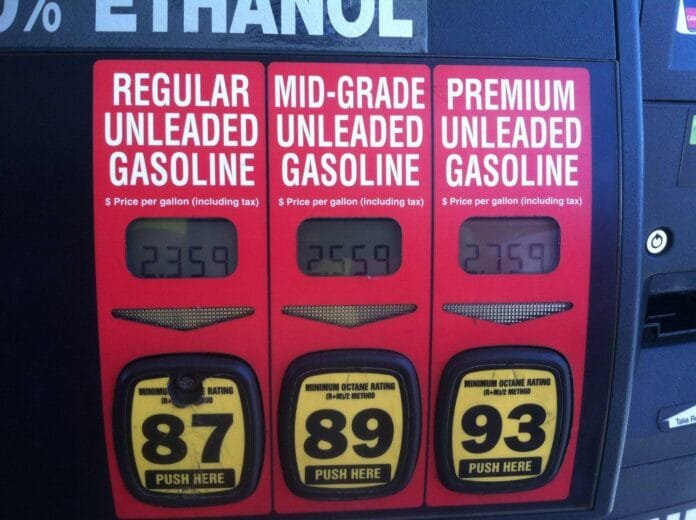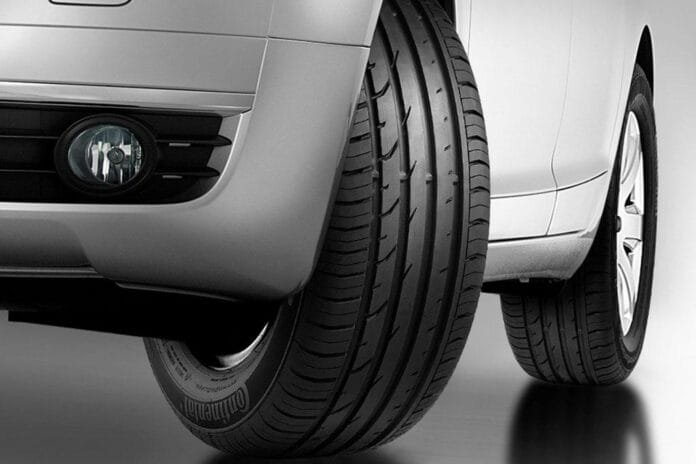Introduction to Fuel Economy and Car Components
The fuel economy of a vehicle is crucial for both financial and environmental reasons. When fuel consumption unexpectedly rises, several questions often arise. Understanding which components of a car most significantly affect fuel efficiency is essential to addressing the issue effectively.

Key Components Affecting Fuel Economy
Several critical car parts contribute to fuel efficiency:
1. Oxygen Sensor: Modern vehicles (post-1995) feature oxygen sensors that calculate exhaust flow, delivering critical data to the car’s computer. If malfunctioning, inaccurate data can adversely impact fuel economy.
2. Mass Airflow Sensor: This component measures the air entering the engine, thereby influencing fuel injection. A faulty mass airflow sensor can disrupt this balance, leading to poor fuel efficiency.
3. Air Filter: A clean air filter is vital for maintaining fuel efficiency. Dirty filters restrict airflow, reducing gas mileage, particularly in older vehicles.
4. Spark Plugs: Functioning spark plugs ignite the air-fuel mixture in the engine. Dirty or worn-out spark plugs can cause misfires, further decreasing efficiency.
5. Tires: Underinflated or worn tires can significantly affect fuel economy and handling. Regular checks of tire pressure and alignment are crucial for optimal performance.
Conclusion: Maintenance Tips for Better Mileage
To enhance fuel efficiency, maintain essential components, and adopt better driving practices. Regular maintenance not only improves mileage but also prolongs vehicle life while minimizing environmental impact.


